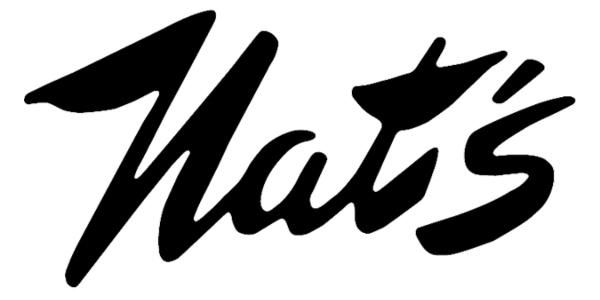Architecture 29A: Freehand Drawing
Freehand drawing was an eye opening experience - literally and figuratively. I now see drawing the landscapes, buildings, objects, and people around me in a whole new way. And I am no longer totally intimidated.
Course Overview
Institution: City College of San Francisco
Completed: Aug - Dec 2017
Instructor: George Lin
Key Takeaways
Breaking compositions into shapes, shadows, lines, and textures
Gesture drawing techniques for understanding proportion
Perspective line drawing methods
Sketching techniques for architecture and design
Progressive skill development through practice
Projects & Portfolio
This course involved various drawing exercises and projects that developed my freehand skills:
Gesture drawings for proportion understanding
Perspective line drawings of buildings and landscapes
Sketchbook development with progressive improvement
Various architectural and design sketching techniques
How It Influences My Work
The skills and perspectives I gained from this course continue to shape my creative approach in several ways:
Visual Communication: Enhanced ability to communicate ideas visually
Spatial Awareness: Improved understanding of how objects relate in space
Attention to Detail: Developed eye for subtle details and proportions
Confidence in Creation: Overcame intimidation in visual representation
Personal Reflection
Learning to break apart a composition into shapes with shadows, lines, and textures has helped me enormously. Gesture drawings, although unnatural at first, have proved to be a useful way to understand proportion.
Perspective line drawings were my favorite assignments. The simple method of perspective has transformed my representations of buildings and landscapes. I really like my drawings and am proud of the outcomes. Since these are some of the most important types of drawings in architecture and design, I focused on them in my sketchbook and saw my sketches get better and better.
In all honesty, I did not expect my drawing skills to improve the way they did over the course of this class. Still, I recognize that I have much more to learn, a lot of which will come with practice and dedication to sketching - both the things I am good at and the things (people) I need improvement on.
Related Courses
This post is part of my "Life Long Learning" series documenting my educational journey and how it shapes my creative consulting approach.



